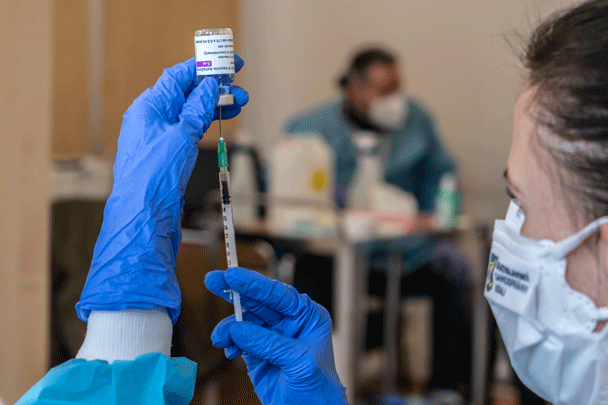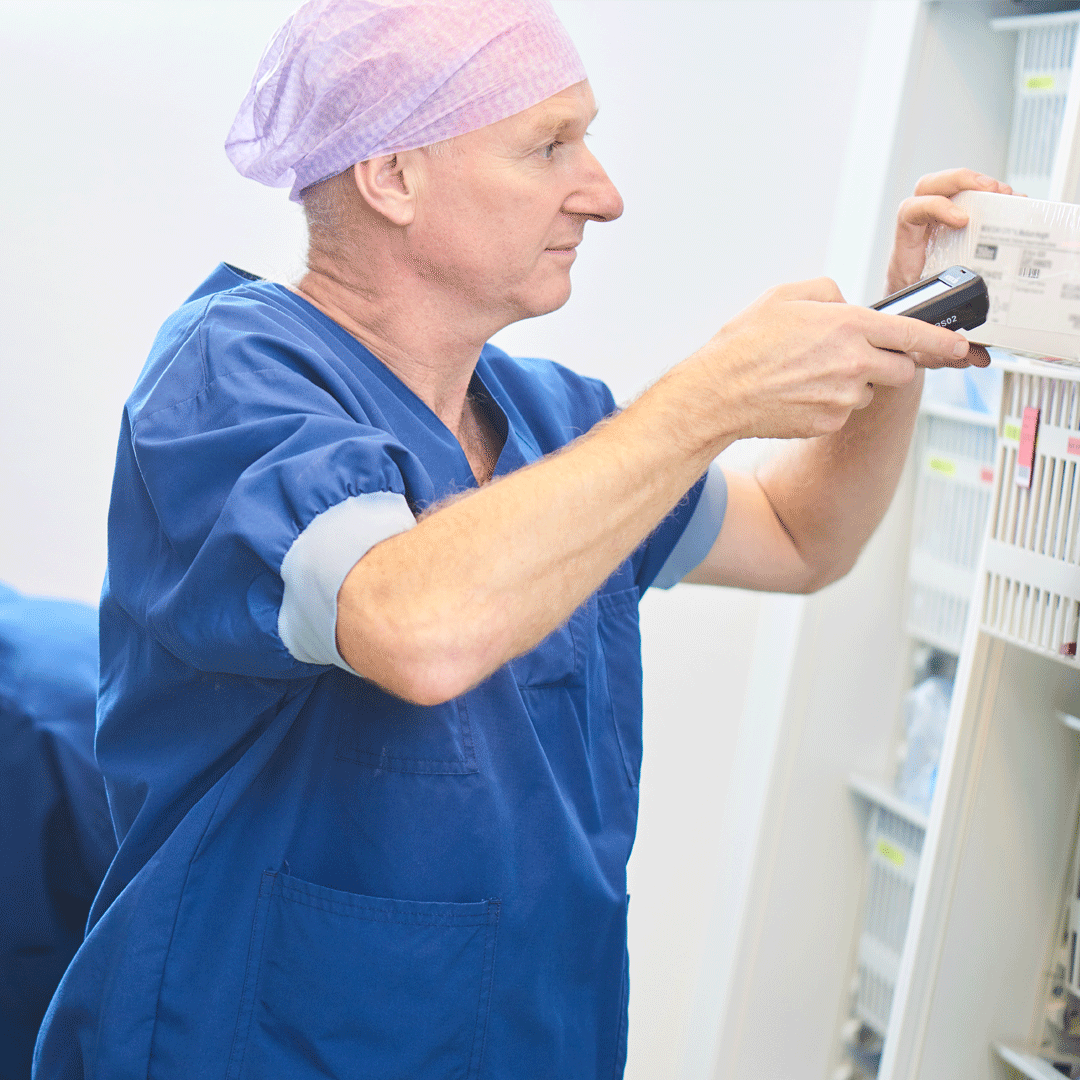March 01, 2022 Industry news
Unique identification is vital for healthcare. The ability to accurately identify every person, product, and place is essential for enabling end-to-end traceability throughout supply chains and patient pathways.
Failures in identification continue to threaten to patient safety. From 1 April 2021 to 31 December 2021, NHS England and Improvement reported a total of 314 Never Events. This included unwarranted errors such as surgeries intended for other patients, retained foreign objects post procedure, and implant or prothesis errors.
Through GS1 standards, trusted data is shared seamlessly between systems and organisations, drastically improving operational efficiencies, and preventing unnecessary patient harm. Harnessing the power of standards ensures transparency and empowers staff with direct access to the information they need at the touch of a button or scan of a barcode.

Driving traceability through standards
The return of the GS1 UK Healthcare Conference marks our first live event since the launch of The Department of Health and Social Care’s Scan4Safety evidence report.
Sharing first-hand accounts from trusts that have embarked on Scan4Safety adoption journeys, the report displayed how GS1 standards are significantly improving patient outcomes and releasing valuable time back into patient care. In the two years since the report was launched, Scan4Safety has already enabled six NHS trusts to save more than 140,000 hours of clinical staff time.
The real-time capture of accurate data and point-of-care access that Scan4Safety enables continues to bring tangible benefits to patient safety.
Baroness Cumberlege’s Independent Medicines and Medical Devices Safety Review (IMMDSR) provided clear evidence as to why this is so vital and has since prompted the development of the national patient-identifiable database – the Medical Device Information System (MDIS).
As MDIS continues to gain momentum, the focus on data capture, interoperability and traceability from NHS central organisations has grown in prominence. It is here that the effective combination of technology and data form a crucial piece of the puzzle. So much so that the role of Scan4Safety has been referenced in strategic guidance documents such as The Digital Clinical Safety Strategy, and What Good Looks Like Framework.

Driving patient safety through traceability
Widespread adoption is required to realise the full potential of traceability in driving patient safety.
With more than 70 speakers earmarked across four stages, the upcoming GS1 UK Healthcare Conference will see those leading the charge in the implementation of Scan4Safety tell their stories, share valuable best practice insights and help trusts build resilience for the future.
Baroness Cumberlege will open the plenary stage to discuss the progress made following The IMMDSR and examine key recommendations around standards and transparency.
NHS Digital’s programme lead for MDIS, Emma Summers, directly follows Baroness Cumberlege to highlight how GS1 standards are supporting MDIS data capture requirements for healthcare providers, medical device manufacturers and suppliers alike.
We will also examine how standards have helped power the systems used to track and trace the global supply of COVID-19 vaccines with keynote presentations from Ulrike Kreysa, senior VP for healthcare at GS1 Global Office, and Hanno Ronte, partner at Monitor Deloitte. Senior industry figures will address the national policy landscape, and representatives from NHS Wales and Scotland will share insights from their nationwide Scan4Safety adoption programmes.
There will also be deep-dive sessions, panel discussions, and unique opportunities to understand how standards-based solutions can be pragmatically achieved in clinical settings. Afternoon sessions will take a closer look at a variety of topics to discuss everything from asset management to the future of Scan4Safety and unique device identification.
All patients deserve the best possible care and GS1 standards play a vital role in ensuring they receive it. By increasing safety, driving efficiencies, and improving the widespread traceability of medicines, medical devices and equipment, harnessing the power of standards leads to better outcomes for all.
